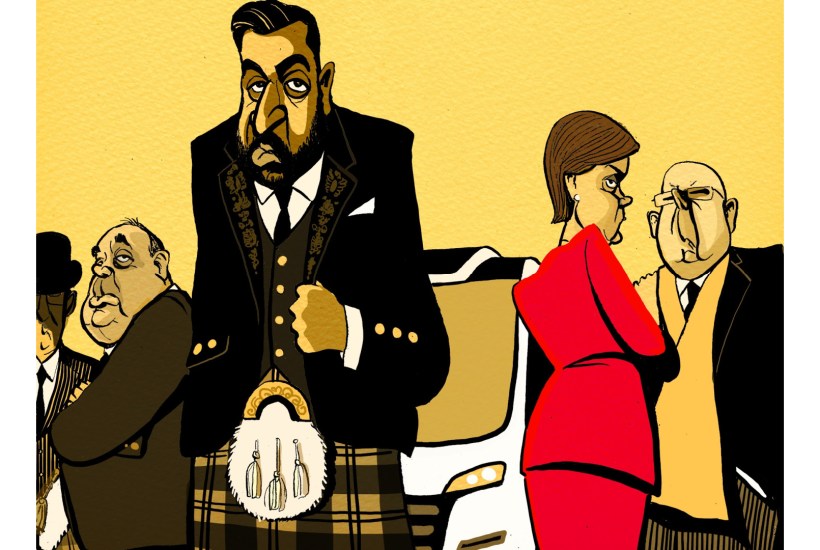After years of scandal and intrigue, the Scottish National party has not lost its ability to shock. The UK Covid Inquiry has moved to Edinburgh for three weeks and in the process has exposed Nicola Sturgeon’s government to some robust scrutiny. The verbose, preening Hugo Keith has been replaced with Jamie Dawson, a more incisive KC.
Already a subscriber? Log in
Subscribe for just $2 a week
Try a month of The Spectator Australia absolutely free and without commitment. Not only that but – if you choose to continue – you’ll pay just $2 a week for your first year.
- Unlimited access to spectator.com.au and app
- The weekly edition on the Spectator Australia app
- Spectator podcasts and newsletters
- Full access to spectator.co.uk
Or
Unlock this article
You might disagree with half of it, but you’ll enjoy reading all of it. Try your first month for free, then just $2 a week for the remainder of your first year.









Comments
Don't miss out
Join the conversation with other Spectator Australia readers. Subscribe to leave a comment.
SUBSCRIBEAlready a subscriber? Log in